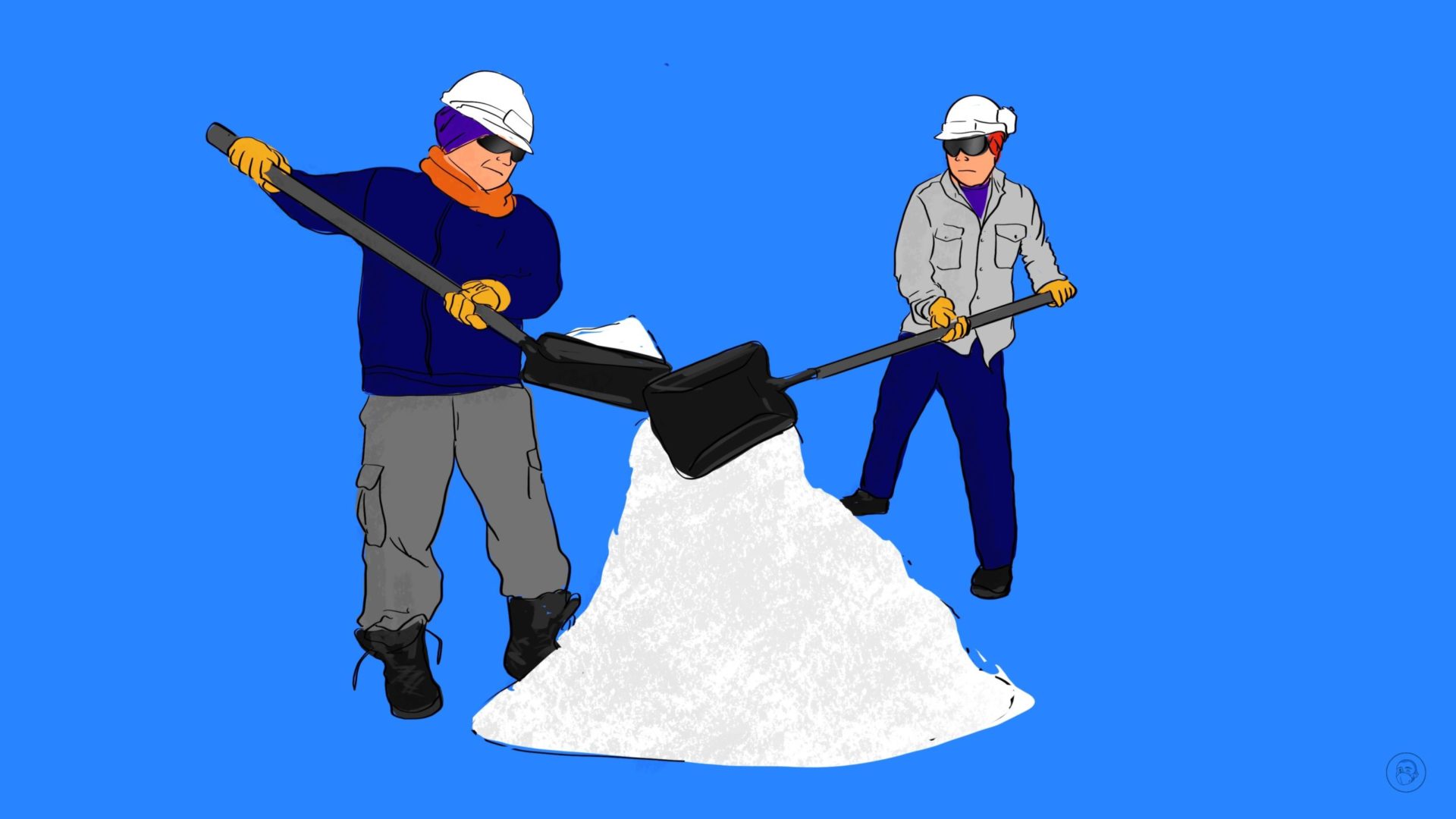Car sales tanked last month, but CATL and BYD can’t get enough lithium
CATL and BYD are dominant players in China’s electric vehicle and battery industries, but their success depends on careful supply chain management and continued access to lithium, most of which does not come from China.

Tesla sales plunged 95% in China last month: The American automaker sold just 1,512 cars via wholesale channels in China in April, a decline of 24,333 units from a year earlier, according to figures published by China Passenger Car Association on Tuesday. Meanwhile, car sales tumbled 35.7% last month from a year ago, the biggest decline since the start of the pandemic in March 2020.
But these are still heady days for electric vehicle and car battery manufacturers. With China’s “double carbon” goals and worldwide decarbonization efforts, electric vehicles and their electric batteries are a huge business in China.
The trend for electric vehicles in general is onward and upward, even as production of traditional gas and diesel vehicles is declining.
- The China Automobile Dealers Association reported today that domestic sales of new energy passenger vehicles (mostly electric and hybrid gas-electric) in April totaled 280,000 units, a year-on-year increase of 50.1% and a month-on-month decrease of 38.5%.
- From January to April, new energy passenger vehicle sales were 1.46 million, a year-on-year increase of 119%.
- China exported nearly 500,000 electric cars in 2021, and currently accounts for about 60% of global production.
- The number of employees at 78 domestic electric battery companies increased by 198,600 in 2021, an increase of 23.19% year-on-year. In 2021, BYD hired 64,000 new employees and CATL hired 50,523 new employees.
The undisputed market leader in China’s EV battery market is CATL 宁德时代, holding around 50% of the domestic market and 30% of the global market. BYD 比亚迪, producer of both electric batteries and vehicles, is CATL’s closest competitor.
China news, weekly.
Sign up for The China Project’s weekly newsletter, our free roundup of the most important China stories.
There is, however, a shadow hanging over China’s electric vehicle and battery manufacturers, namely, the soaring costs of raw materials.
- Prices of lithium, nickel, and cobalt have climbed steeply: At the beginning of 2022, the price of lithium carbonate was 266,000 yuan/ton ($39,580/ton), but in May, the price soared to 466,000 yuan ($69,340).
- This was the main reason why CATL had a tough first quarter, reporting net profits of “only” 1.49 billion yuan ($221.71 million), a year-on-year decrease of 23.6%.
Yet this is one factor that sets CATL and BYD apart from smaller players in the industry. Both CATL and BYD have invested heavily over the last year in upstream production chains in order to secure their supply chains, with CATL focusing mostly on lithium battery materials and BYD on the semiconductor industry.
Their impressive supply chains have one major weakness: securing adequate and sustained supplies of lithium.
- In their quest for lithium as well as cobalt, BYD has sought ores in Chile, winning a mining contract with a quota of up to 80,000 tons, while CATL has ventured as far as Australia and the Democratic Republic of the Congo.
- But each lithium iron phosphate battery needs about 520 tons of lithium carbonate — making the battle for lithium (as well as nickel and cobalt) just as fierce as the battle to sell electric batteries and vehicles.
The takeaway
A major reason why CATL and BYD are the leading producers of electric vehicles and batteries in China is their careful management of supply chains. But steadily rising prices of lithium, nickel, and cobalt are squeezing their profit margins, and this is a key factor in the continued rapid growth of China’s electric vehicle and battery industries.






